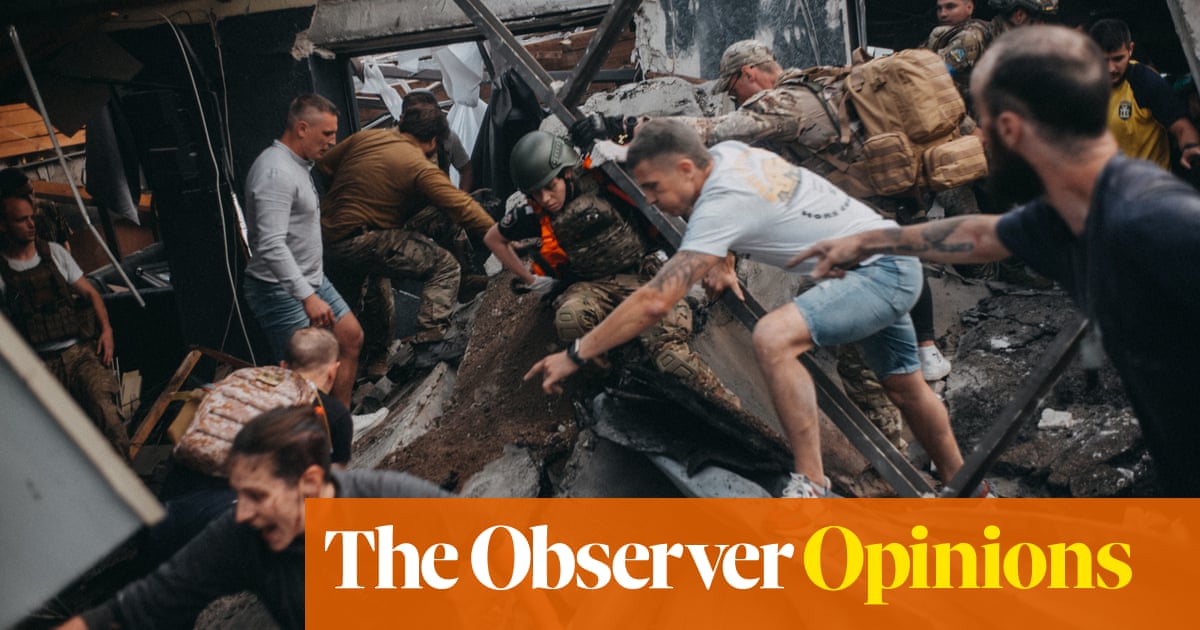
The recent confessions by military personnel involved in operations against the Rohingya in Myanmar reveal clear “genocidal intent.”
Over the course of just 12 months, between the summers of 2018 and 2019, at least three quarters of Rohingya were forced out of the country of their birth and across the border into Bangladesh by federal armed forces, in what the military leadership called “clearing operations.”
By any objective measure, this is a clear example of genocide. However, the legal standard under international law for proving the crime of genocide requires more than simply establishing that it occurred. It also requires proof that the actions of the perpetrators were motivated by “genocidal intent” — and proving intent is one of the more fraught aspects of the law.
So one of the “quirks” of international law is that a state can commit genocide by “accident,” as it were, and nobody will be held liable.
This appears to be one of the arguments put forward by the Myanmar authorities during proceedings against them in both the International Court of Justice and the International Criminal Court.
Yes, the military ordered those “clearing operations,” but they were only supposed to target “terrorists.” The dozens of villages inhabited by Rohingya civilians that were burnt down during those operations — as can clearly be seen in satellite images — are therefore “fake news” and/or accidents.
For the first time, we have testimony from two soldiers that the orders they received from the military hierarchy unambiguously had genocidal intent. When they were sent to civilian villages, the orders were “shoot all you see and all you hear” and “kill all you see, whether children or adults.”
We cannot yet verify that the two men were definitely involved personally in the activities they describe. However, their testimonies included details about the villages that were targeted and the mass graves in which victims were buried, and all those details that have been independently corroborated. Short of being granted access to military debriefing documents that prove they were there, this is the best evidence we can expect to find that they are speaking the truth. It should certainly be enough to stand up in court.
We have testimony from two soldiers that the orders they received from the military hierarchy unambiguously had genocidal intent.
Dr. Azeem Ibrahim
This is hugely significant because it is the first time we have had clear evidence of “genocidal intent” in Myanmar. This case has been rather unique in that the military closed ranks to such an extent that for two years we have not heard a single dissenting voice or received any inside information.
This is in contrast to the situation with the ongoing genocide being perpetrated against the Uighurs in Xinjiang, where there have been internal Communist Party leaks and clear dissent among party officials, even at the highest levels.
Until now, we had heard no such dissenting voices from Myanmar’s federal state apparatus, least of all the military hierarchy.
This should change the dynamics of the court proceedings against Myanmar entirely. The facts about the suffering of the Rohingya people long ago stopped being a matter for dispute, even by the authorities in Myanmar. Now the dialectic about intent will have to change as well.
Ideally, this should prove to be a catalyst for a more permanent break in the unholy alliance between the military leadership in the country and the civilian government. So far, the nominally “democratic” civilian government has gone above and beyond the call of duty in defending the actions of the military against the Rohingya, and clearly has been complicit in the genocide.
But now that we are starting to find clear evidence of the nature of the orders that came down from high command, the civilian government, including Aung San Suu Kyi, have every incentive to start shifting their position away from tacitly supporting the genocide and explicitly backing the military, and toward the Rohingya.
This will not amount to much, at least not immediately, but it would be the start of a shift to a situation where, at the very least, the civilian government of Myanmar begins to take the human rights of all its people seriously.
If the Rohingya are ever to see their relationship with the country of their birth normalized, it is a very necessary first step.
Dr. Azeem Ibrahim is a Director at Center for Global Policy in Washington, D.C. Twitter: @AzeemIbrahim
Disclaimer: Views expressed by writers in this section are their own and do not necessarily reflect Arab News" point-of-view












